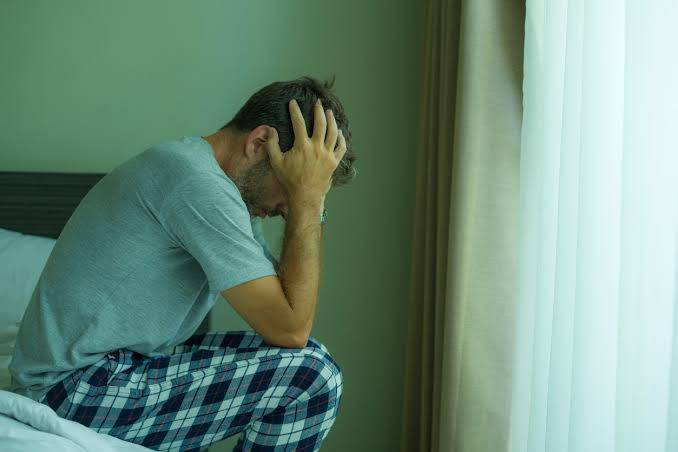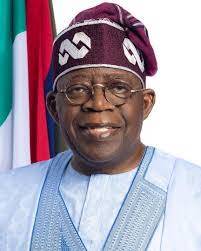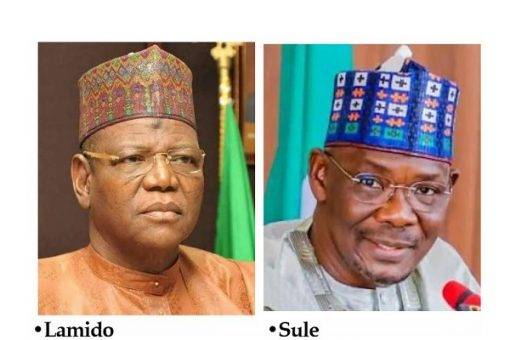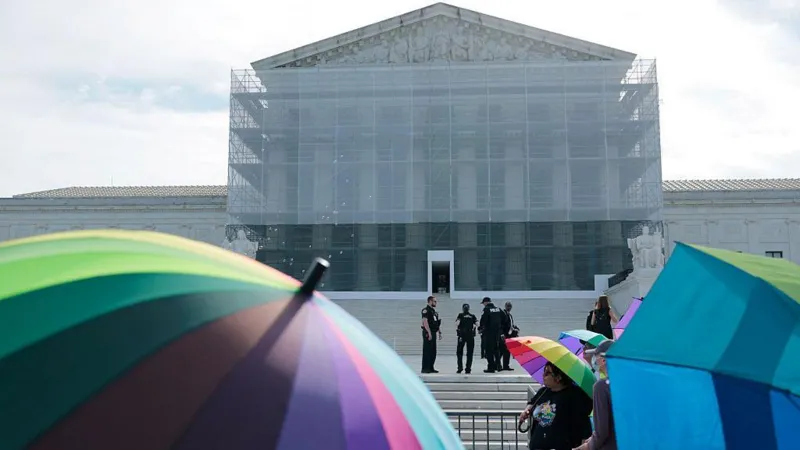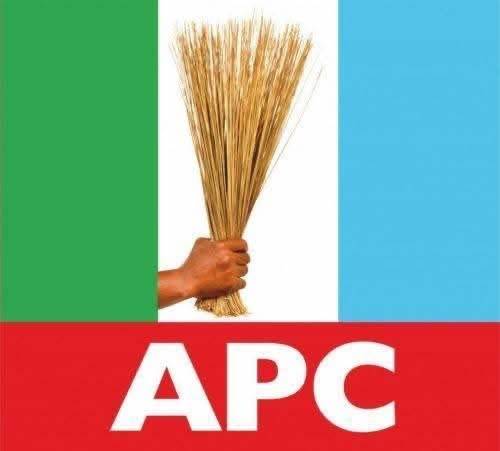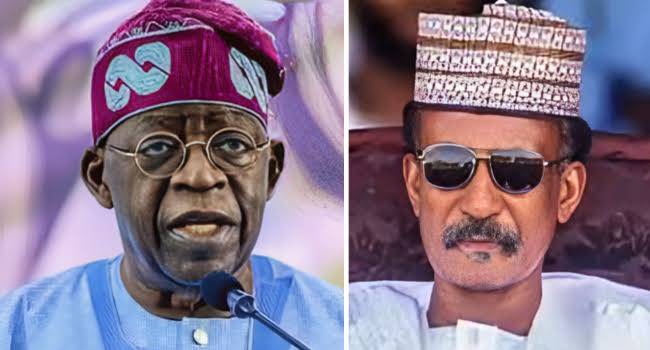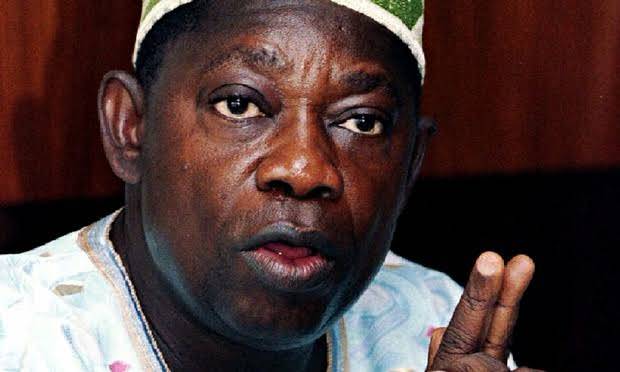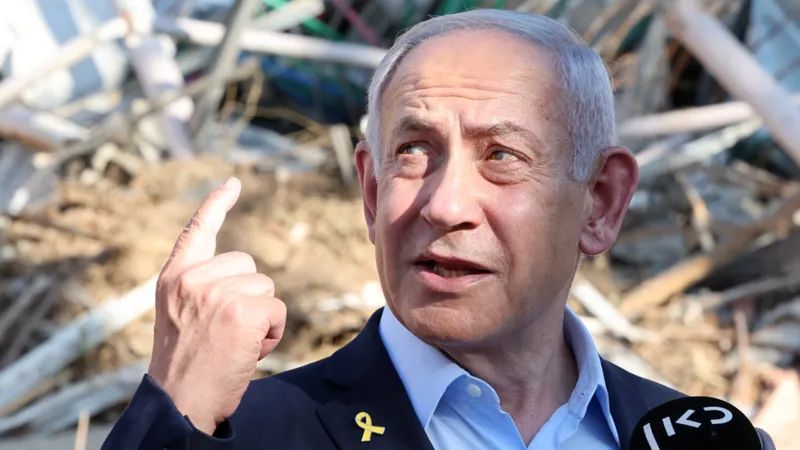The financial stress index continues to rise just as other key market indicators suggest an extremely fragile growth, data monitored by The Guardian and economists have suggested.
These come on the heels of rising political tension, which has compounded financial risks with experts saying the government may lack the fiscal discipline to apply necessary circuit breakers should the economy go awful this year.
With a few months into full campaign season, there could be a trade-off between being politically correct and taking appropriate economic growth policies. And experts suggest the government is more likely to sacrifice the latter as it throws everything it throws its hat in the ring.
While this could be dismissed as mere speculation, the 2022 budget grudgingly signed into law by President Muhammadu Buhari is, perhaps, one of the flashing red lights on the dashboard of the national economic management or a pointer to the many compromises the citizens expected in the year.
The spending outlay was raised by a whopping N735 billion or 4.5 per cent by the lawmakers, from N16.391 trillion to N17.126 trillion, with a near 40 per cent fiscal deficit stuffed into the budget. The lawmakers also raised the already spurious revenue projections. Yet, the President, who be more interested in strengthening bridges than ruffling feathers, did not care to push for an adjustment as he did previously.
Last year, the country closed with a few wins. But most of the so-called achievements amounted to a broken window fallacy when subjected to a far-reaching analysis. The performance was unduly affected by the base effect of the lockdown year (2020).
For instance, in the second quarter (Q2) of last year, the gross domestic product (GDP) broke a six-year record as it jumped by 5.01 per cent year-on-year (YoY), consolidating the positive growth that started in the fourth quarter (Q4) of 2020. The growth was roughly twice as high as any other quarterly performance since 2015 when President Muhammadu Buhari’s administration took over the national economy.
The leg-up performance came two quarters after the country exited one of the deepest but shortest recessions in its history. The economy caved in by as much -6.1 per cent in Q2 2020, which was followed by another -3.62 per cent in Q3 2020, confirming a recession, the second in the life of the current administration.
The performance, except when weighed against the hollowed base effect of the lull of Q2 2020, the flashy data could fool Nigerians and potentially downplay the fact that the country was only halfway out of the deep hole it was in throughout the lockdown year.
Nothing explains Prof. Godwin Owoh’s dismissal of the growth as empty better than the transport sector. The sector leaped to 76.8 per cent growth YoY, from -49 per cent growth it posted in Q2 2020.
In quarter three (Q3) of 2021, the growth rate moderated to 4.03 per cent. The slowing growth reflected the effect of the gradual reopening of the economy in the comparative quarter in 2020. Unlike Q2 when the economy slid by 6.1 per cent, Q3 2020 witnessed a much lower negative growth of 3.62 per cent, showing the impact of returning production across sectors.
The sectoral performances, as contained in last year’s growth data and other recent ones, underscore an economy that is not only bleeding but also deeply flawed by many contradictions. In continuation of the historical hollowing out, the manufacturing sector, though recorded positive growth in recent quarters, is still tottering on the brink of collapse.
The sector moved from N1.4 trillion in Q2 2020 to N1.45 trillion in Q2 2021. But economists said the increase did not reflect the efforts put into growing the sector, including interventions and fiscal incentives, in recent years.
The fallacy extends to other market indicators. For instance, the troubled external reserves closed the year at $40.53 billion as against the opening balance of $35.64 billion, implying a yearly growth of $4.9 billion or 13.7 per cent.
As great as the rise appears, it does take reserves close to its 2007/2008 golden era when it was between $50 billion and $65 billion. The gross reserves had hit an all-time high (ATH) of $64.85 billion on August 8, 2008, when the country’s import bills were much smaller than they are now.
Until the end of 2019, the pre-COVID-19 era – Nigeria had maintained a gross reserve of between $42 billion and $45 billion, though a slide towards the end of the year slowed it down to $38. 6 billion at the close of the year. This year’s overall performance, despite the country’s $3.35 billion share from the International Monetary Fund (IMF)’s Special Drawing Rights allocation of $650 billion, has not taken Nigeria to its pre-COVID-19 performance.
Nigeria also witnessed a heightened currency crisis last year, with the naira tumbling from N470/$ to N560/$ at the black market. It also lost about one-fifth of its value amid rising inflation that peaked at 18.17 per cent in March before a gradual retreat that saw it coming down to 15.4 per cent in November. Unemployment also hit a high of 33.3 per cent, making Nigeria one of the top five countries with the worst unemployment figure.
As bad as the data are already, Owoh, a professor of applied economics, said they would be worse if politically-independent organisations undertake the same surveys. Worst still, he said they will be worse this year as the control frameworks have broken down completely. He said the state of the economy could be worsened by the speculated political ambitions of some members of the national economic team.
He also dismissed the growth data bandied by the government, saying they must go further to disaggregate the figures into sub-regional units’ contributions if, indeed, there is growth.
“If the economy is growing, in real terms, there will be liquidity in households. There will be effective production and a reasonable level of employment that will make life more comfortable. Since these variables are even worse, I don’t see any growth. The situation is so bad that more than two-thirds of the economics space is redundant,” he said.
The economist said rising prices could deteriorate this year as the government has shown that it lacks the political will and capacity to exercise control. “There is no economy that is allowed to go on autopilot. And that is where we are now. Essential commodities will continue to be overpriced. That means that the poverty rate will be worse this year,” he noted.
Another professor of economics, Sheriffdeen Tella, also faulted the national economic data, saying “they are totally different from what happened on the ground”.
He lamented deepening insecurity, unemployment, inflation and poverty are adding that the “seeming incompetence in economic management creates fears that 2022, despite being the year of the campaign and consequent show off by ruling party that they can manage the economy, maybe worse off for the citizens”.
“Unless the government changes its mind on the pronounced hike in taxes, fuel prices and electricity tariffs but focuses on assisting income generation by productive sectors, which will eventually improve employment and revenue to the government, things might worsen,” Tella, a diehard advocate of social welfare, told The Guardian.
Reflecting on the previous year, he noted: “We started on high hopes that effects of COVID would subside early and our economy would pick up with the rest of the world. The global economy truly improved fairly well but we failed to move along due to high debt service that took virtually all our revenue from external sources leaving little or nothing for development but dragging us into more debts. The exchange rate devaluation and further depreciation made import of raw materials expensive and difficult with negative effects on industrial output and capacity utilisation… Education and health sectors witnessed huge waste of man-hours due to strikes and threats of strikes which culminated in low productivity.”
Also dismissing data by the National Bureau of Statistics (NBS), David Adonri, a capital market expert and economist, recalled: “Official figures stated that inflation rate declined steadily from 18.17 per cent in January 2021 to 15.4 per cent in November 2021. This officially presented trend for inflation was divergent from market reality where the average price of consumer goods increased by 94.7 per cent between December 2020 and December 2021 as reported by Lagos Business School.
“In 2021, forex shortage caused the depression of the naira, constrained manufacturing and fueled inflation. The exchange rate per US dollar increased from N408.67 in Q1 2021 to N414.8 in Q4 2021 at the official market, while in the parallel market, it increased from N486 in Q1 2021 to N571.5 I in Q4 2021. The average public electricity output was 4,000 megawatts/hour, leaving a deficit of 196,000 megawatts/hour.
Against all odds, a member of the Monetary Policy Committee (MPC) and professor of economics at the University of Ibadan, Adeola Adenikinju, said Nigeria might rise above its challenge this year. He said the international oil market and intra-party activities are key indicators to watch out for. He linked the modest growth recorded last year to global recovery, rising oil prices and domestic policies, including interventions by the Central bank of Nigeria (CBN), which he described as “very useful”.
The professor, however, said the projected annualised growth rate was not enough to stimulate the desired economic development. He is counting on the medium-term economic development plan, which is to be partly driven by the private sector, to trigger the next phase of growth. He added that continued interventions in key sectors of the economy would continue to support the positive growth trajectory, calling for an urgent check of rising insecurity, PMS subsidy and sovereign debt to support fiscal stability.
In its January Global Economic Prospects, the World Bank put the country’s growth projection at 2.5 per cent, a 100 basis points behind sub-Saharan Africa (SSA)’s average growth forecast and 1.9 percentage points behind the Federal Government’s bullish position (4.2 per cent). The World Bank estimated growth is slightly lower than the country’s average population growth rate and a far cry from the growth potential of the economy, which Bismarck Rewane, a notable economist, put at eight per cent. To create massive jobs and achieve accelerated growth, Rewane said, the economy must grow at 10 per cent whereas the current signal points to another year of sluggish growth.


